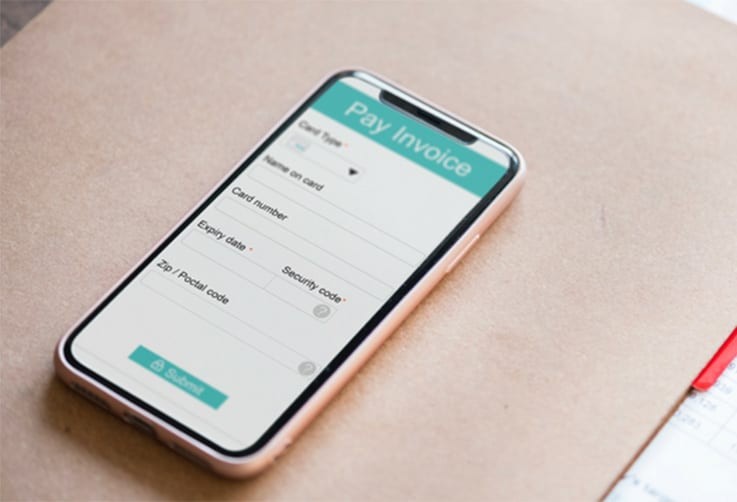How to Build Flexibility into Your Budget

Smart consumers are prepared for any emergency: they refresh the batteries in their smoke detectors, never miss a bill payment and always keep their health cards handy. But are you prepared for a financial emergency?
Creating a budget is fairly easy. Last year’s household bills basically predict this year’s fixed expenses. But that’s not enough for responsible budgeters. It’s important to devise a plan for the unpredictable: costly, random events such as emergency home repairs, automobile breakdowns, job loss or illnesses that affect your ability to work.
While not “predictable,” these events are, in their own way, completely expected. Rare are the homeowners who never have to replace a roof. The average shingle roof in Canada has a lifespan of 15 to 30 years. Dental surgery may be required at some point in your life. And even if your car is in good shape, accidents can happen without warning.
The Warm Up
Your budget should be flexible enough to withstand periodic incidents and setbacks. Otherwise, your precariously-balanced budget may one day feel the shock of an unexpected expense, leaving you scrambling to regain financial stability.
Personal-finance experts suggest two ways of dealing with future financial calamities.
First of all, start building an emergency fund. Every month, before you allocate any of your income to bills or other expenses, set aside a small but reasonable amount as a cushion of cash – a deposit against future unbudgeted expenses. This is considered common-sense financial management - you shouldn’t be budgeting to the penny every month.
Over time, this emergency fund will grow into a nest egg that will allow you to comfortably patch up a leaking roof, replace worn out bathroom plumbing, upgrade your home security system, or replace that 12-year-old car when the muffler falls off.
Don't wait for some phantom future date to start building your emergency fund. It’s tempting to think you can put this off for a few years on the grounds that you’ll be making more money then and so will be better able to afford the monthly hit. But household expenses tend to rise right through your thirties and forties. Relief generally doesn’t usually kick in until your fifties. This is when most people reach peak-earnings stage and their mortgage is paid off – or significantly diminished – while their children have completed their post-secondary education.
The Flex
The second half of your emergency plan involves creating a buffer in your budget. Make sure you have $100 or more left over after every month to help cover random surprises, such as dental work or home repairs. Allowing yourself a monthly “float” means you don’t have to draw on your emergency fund to fund wedding gifts or minor household repairs.
Building a Budget Backbone
If you’re having trouble budgeting for problems that may be years away, there are a few ways to start building that budget backbone. To get some ideas of what you might be able to expect, ask friends or family about the sudden expenses they never saw coming and what amounts they wish they had saved up. For people in my circle, such problems included:
Going back to school to take a required course
A health condition that left an entrepreneur, without disability insurance, unable to work for six months
Two family cars “giving up the ghost” within a few months of each other
A basement flood caused by a sewage backup (an emergency no longer covered by their insurers)
Adult children supporting aging parents in an expensive retirement home they couldn’t afford
That final item suggests that failure to plan for future setbacks creates a burden not just for one family, but for the next generation, too.
Building flexibility into your budget is a crucial step towards achieving true financial stability. One day, your children will thank you.
General information not about PC Financial products is provided for your reference and interest only. The above content is intended only to provide a summary and general overview on matters of interest and is not a substitute for, and should not be construed as the advice of an experienced professional. The PC Financial® team does not guarantee the currency, accuracy, applicability or completeness of this content.
.jpg)

